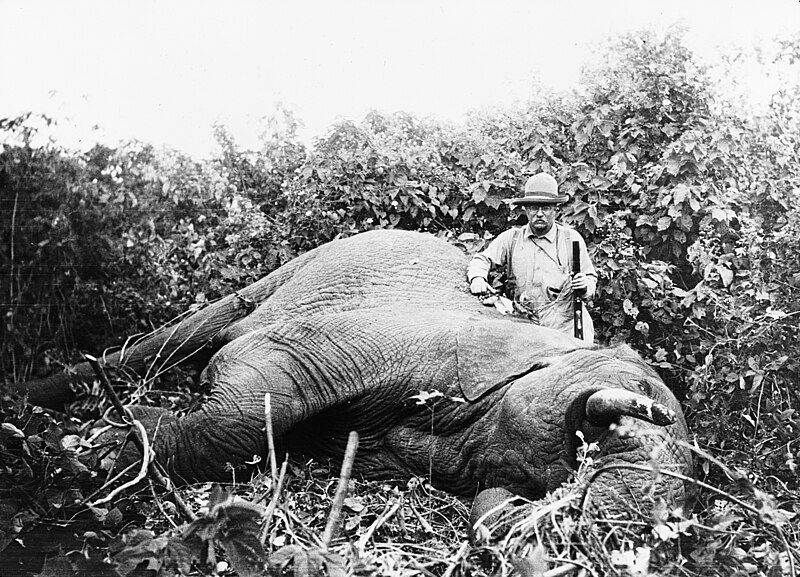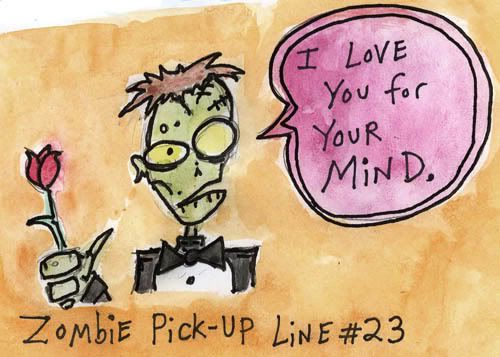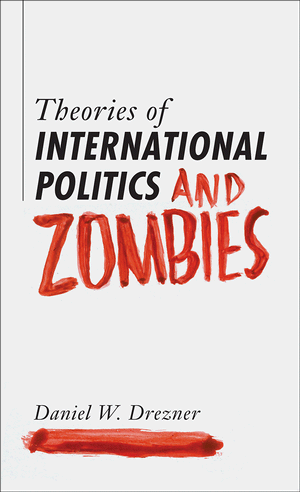RawStory: “Noam Chomsky: Zombies are the new Indians and slaves in white America’s collective nightmare” by Scott Kaufman:
…with students on February 7, 2014, Massachusetts Institute of Technology professor Noam Chomsky was asked why there’s a cultural preoccupation with “the zombie apocalypse” in United States.
CHOMSKY!! Chom chom! nom nom!!! Chomp down? Chomsky!! See more MIT zombies, and more linguistics.
Father of deep structure in language development, natural grammar? Is grammar from neuroscience or from elitist power relations? Generative grammar? Universal grammar? Is natural language a uniquely human ability? What was clear for Chomsky is that humans have language acquisition devices that seems absent in animals. How many modules do our brains have? Can we update the firmware, software plugins?
Consider again, Bouba and Kiki and that most people think the rounder shape is the bouba. How robust is this effect? Consider the sound of Zom-bee! Recall other words that start with zom, end with bi- – continuing,
Chomsky said, “that it’s a reflection of fear and desperation. The United States is an unusually frightened country, …
He echoes theories of zombie as absolute Other, and recall particularly Paul Cantor about the Zombie Western Frontiers.
According to Chomsky, “there’s a sub-theme: it turns out this enemy, this horrible enemy that’s going to destroy us, is someone we’re oppressing.
and we like our guns..
“We just have to have guns to protect ourselves from the United Nations, the federal government, aliens, and zombies, I suppose.”
And concluding about the unusual paranoia of our invented fear culture. Watch the full video clip of Chomsky answering about zombie apocalypse at Raw Story
Interestingly he doesn’t relate it to social media. See another clip of Chomsky discussing internet and friendships. But ok, it’s too easy to say this is just fear. It’s a specific kind of fear. It’s not just the Other. It’s that I am myself the Other and the limits and impossibility of self in a Western culture that demand we know ourselves and be creative, create ourselves.
Chomsky notes Jefferson’s role reversal of English-Native violence. This is the master-slave dialectic in America. And as Slavoj Žižek claimed recently, we’ve tartled, in New Statesman: “what is an authentic political event? “:
Were we all not tartling in the last decades, forgetting the name “Communism” to designate the ultimate horizon of our emancipatory struggles?
The zombie apocalypse could be considered an endpoint for Hegelian teleology, the zombie as absolute ideal. This creature fills an essential language function for the new age as a inverse for creativity. If we demand that students be creative, that individuals create themselves, then therefore by implication, there must be some behaviors which are non-creative, some people who fail to create themselves.
We are all dying from the day we were born, but we prefer to think of life another way, that we are not merely the living-dead but that we are fully alive. And thus there must be some form of living which is not fully alive. If creativity is to be the expression of some essential secular soul, if the creative person can enact their free will to power choice, then therefore there must be a class of people who are not that. If there is such a thing as thinking, there must be those who do not think.
Can they be cured? Can they learn to be creative, learn to think? This remains an open question. In some worlds, zombies can be cured. In a new movie version, the cure requires regular medication to control the zombie from returning. NPR reviews it with a plug toward healthcare: “A Zombie Plague, But It’s Covered By Your Health Plan” by Tomas Hachard thinking it’s a sequel to World War Z.
Can we get a pill for language acquisition and use? Or for creativity? Even if not a simple pill that gives language, but you would take the pill, it would engage your language acquisition functions as if you were a newborn and then you put on an audio-video presentation and learn the language in a shorter time. A performance enhancing drug for learning or for creativity? Is this science fiction or science future or do these pills already exist? Something like the movie “Limitless“. Not necessarily miracle drug, but at least a partial cure for zombie? Isn’t that what every pharmaceutical commercial offers?
And then there’s the machines. TimesOnline: “Attack of the Monster Trucks“. These monster trucks advertise on “Jeopardy” too. Speaking of “Jeopardy”, the recent winner, Arthur Chu, is on a winning streak by using a less-human more strategic computer-like style to win the game. It’s causing controversy because somehow it feels wrong, but if it worked for IBM’s Watson, why shouldn’t adopt it (here again, think Healthcare, and all sort of public institutions). In machine-justice work, “RoboCop” is back for comparison to real military drones joining the domestic police industrial complex; “dead or alive you are coming with me”.
The machines present another limit for humanity, they are zombie to their algorithms, and make zombies of us all. We become merely the neural matter inside the system’s cultural idea matrix. The machine world pushing language through our grey matter substrates. This experience of humanity, of consciousness, merely a shell operating system, biological modules responding to stimulus, layering stories on top of stories, with zombies all the way down. An experience patterned by neurons encountering a world as if we were not ourselves part of this world. Can we plug those neurons into a machine and use them in the machine world? In a way, we already do, through the interface of keyboards and touchsceens, and steering wheels and epilepsy device implanted, and next thing we plug a dead person’s brain into a Monster Truck.
Identity has been lost to biological part and modules and pieces of transplanted tissue, and it feels like we are nearing something like a Singularity. And so this talk of zombies. It’s not just Other, it’s the simulation of Other. It’s the shattering of the preconceived otherness. A reminder that living is more than being alive and that after all these years of Chomsky cog-sci, we still don’t know what those words mean or what consciousness is, where it comes from.
UPDATE: DailyKos has full transcript of Chomsky’s answer, and also embedded YouTube:
![]()
![]()

























































